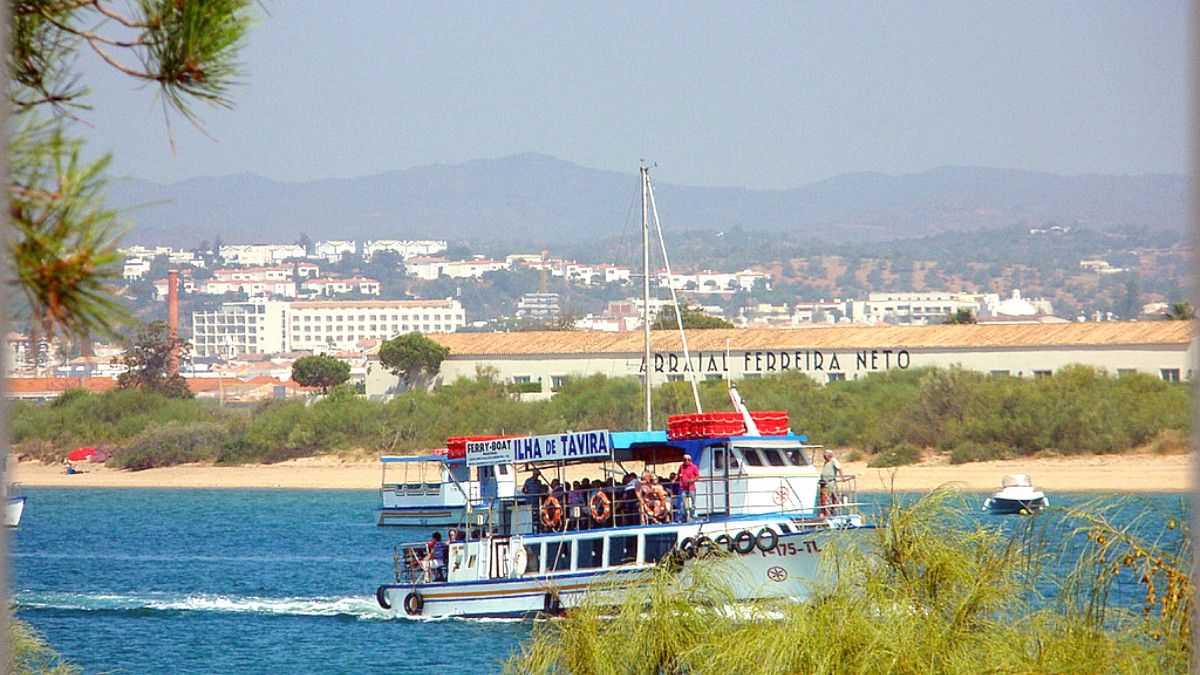
The Algarve, Portugal
Spring and autumn present ideal conditions for walking and sightseeing with pleasant temperatures. Summer offers perfect beach weather, long sunny days, and inviting sea temperatures.
Winter brings quiet, peaceful times, good for exploring without crowds and experiencing local life, despite higher precipitation.
This period sees the most crowds. Expect beaches, restaurants, and popular attractions to be busy.
Prices for accommodation, flights, and car rentals reach their highest. Intense heat, especially in July and August, can make daytime sightseeing tiring.
June - August
Guaranteed warm, sunny weather, perfect for beach activities and swimming. All tourist services and attractions operate fully.
Most crowded. Highest prices for accommodation, flights, and car rentals. Intense heat can make sightseeing tiring.
April-May, Sep-Oct
Pleasant temperatures. Fewer crowds than high season. Generally lower prices. Sea warm for swimming into October.
Some services might have reduced hours early or late in the season. Higher possibility of rain, specifically in October.
November - March
Fewest crowds. Lowest prices for accommodation and flights. Mild temperatures remain suitable for exploring towns.
Cooler weather and a higher chance of rain. Some tourist businesses may be closed or have limited hours. Sea generally cold for swimming.
June to September presents the best conditions for swimming, sunbathing, and water activities.
April-May and September-October present pleasant temperatures, making these months ideal for exploring Tavira's historic center, the castle, and walking trails in the Ria Formosa.
September-May is the preferred period for golf, avoiding the intense heat of peak summer.
Autumn and Spring are prime seasons for birdwatching in the Ria Formosa Natural Park.
Many outdoor concerts and festivals happen during the summer months, offering a lively atmosphere.
Year-round fresh seafood and authentic dishes.
Any season for a calm pace and quiet enjoyment.
Portugal is part of the Schengen Area, which simplifies travel within most of Europe.
If you are a non-EU/EEA/Swiss citizen, a Schengen visa may be necessary for stays up to 90 days within any 180-day period. This visa permits travel throughout the Schengen Area.
Carry these documents when you travel to Portugal:
Tavira offers options for various travel styles, from budget-conscious to luxury. These are estimated daily costs per person and can fluctuate based on season and individual spending habits.
Portugal is a generally safe destination, but awareness and preparation are always beneficial.
Use High-SPF sunscreen, wear a Wide-brimmed hat, Sunglasses. Stay hydrated. Avoid peak sun (12 PM - 4 PM).
Mosquitoes appear near water. Use Insect repellent, especially in evenings.
Good hand hygiene is useful. Eat at reputable establishments. Consider a small First aid kit with Anti-diarrhea medication.
Dial 112 for all emergencies (police, fire, ambulance).
Portugal has a public healthcare system (SNS) and private facilities. EU/EEA/Swiss citizens with an EHIC access public healthcare at the same cost as Portuguese citizens.
Travel insurance is strongly recommended for other nationalities, as you bear the full cost of medical treatment without it.
Nearest main hospital: Hospital de Faro (approx. 30 km). Tavira has a local health center for non-emergencies.
Tap water in Tavira is generally safe to drink. Bottled water is widely available if preferred.
Food hygiene standards across Portugal are high. Restaurants receive regular inspections. Eat at busy places; high turnover often signals freshness.
Practice good hand hygiene before meals to maintain wellness.
Tavira is a very safe town with low crime rates. Violent crime is rare. Petty theft like pickpocketing is the most common issue.
Keep important contacts readily accessible.
112 (Police, Fire, Ambulance) – available 24/7.
GNR Tavira: (+351) 281 320 200.
Keep the contact information for your country's embassy or consulate in Lisbon accessible.